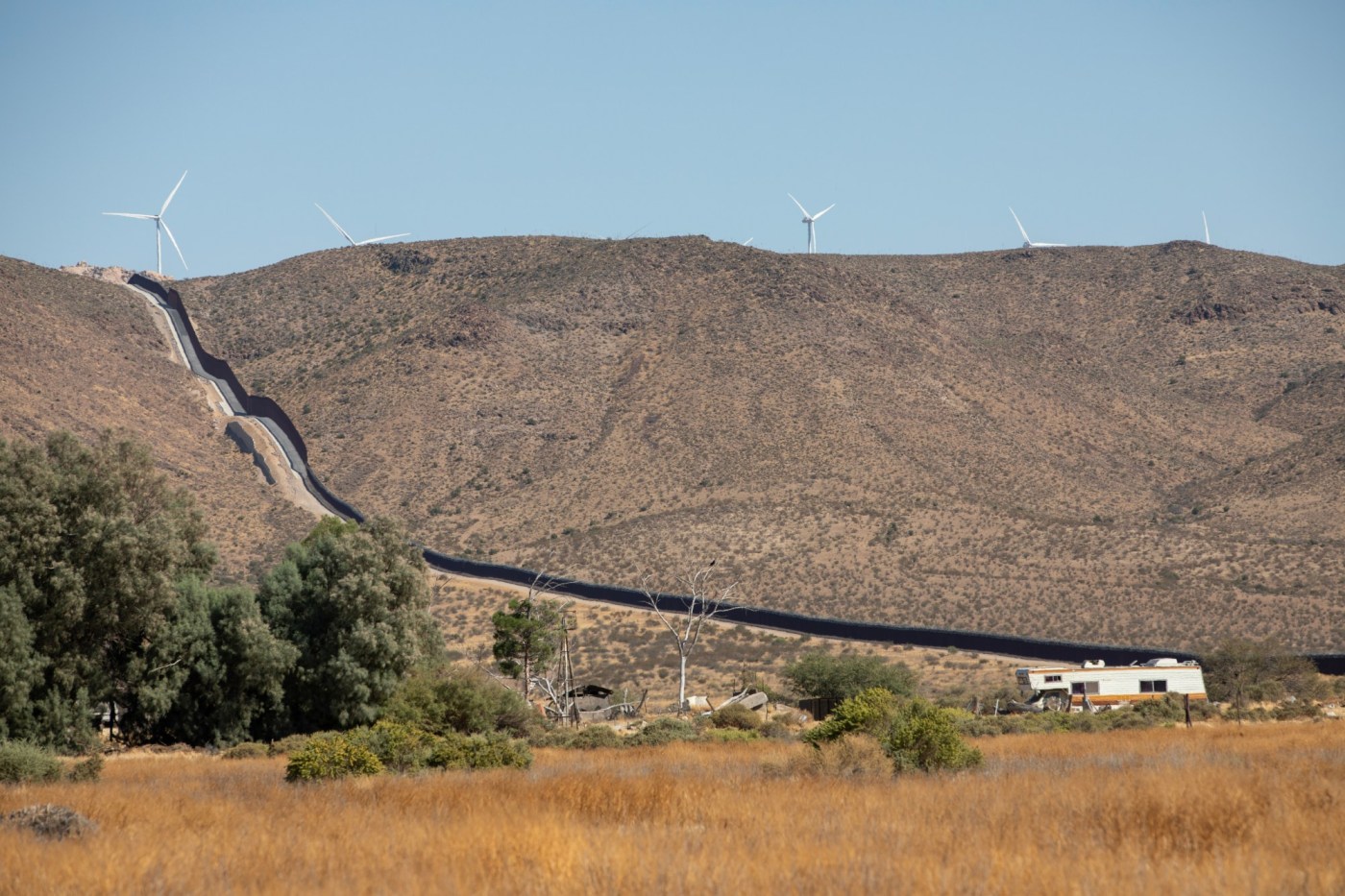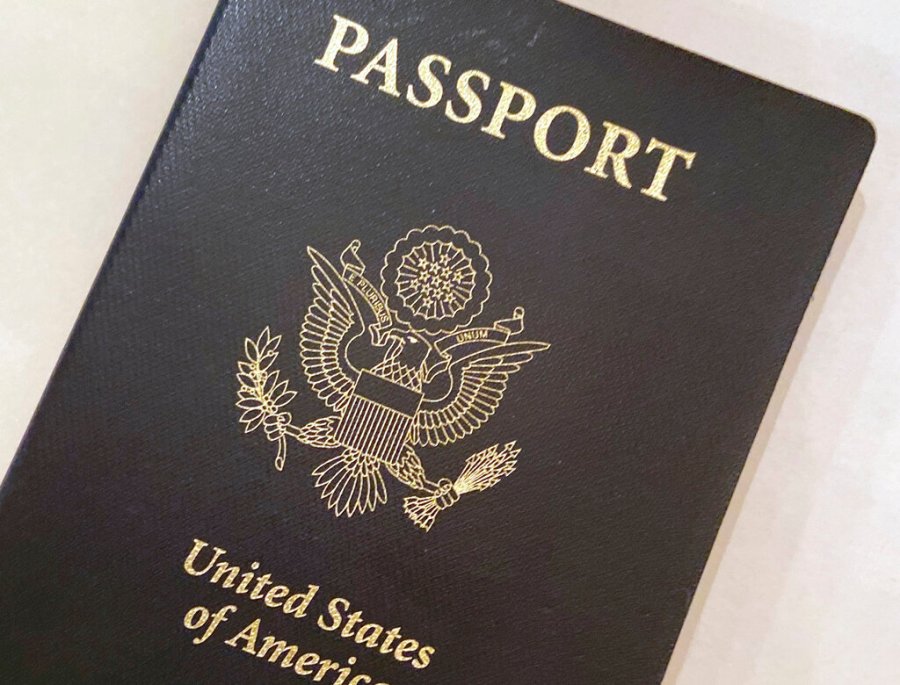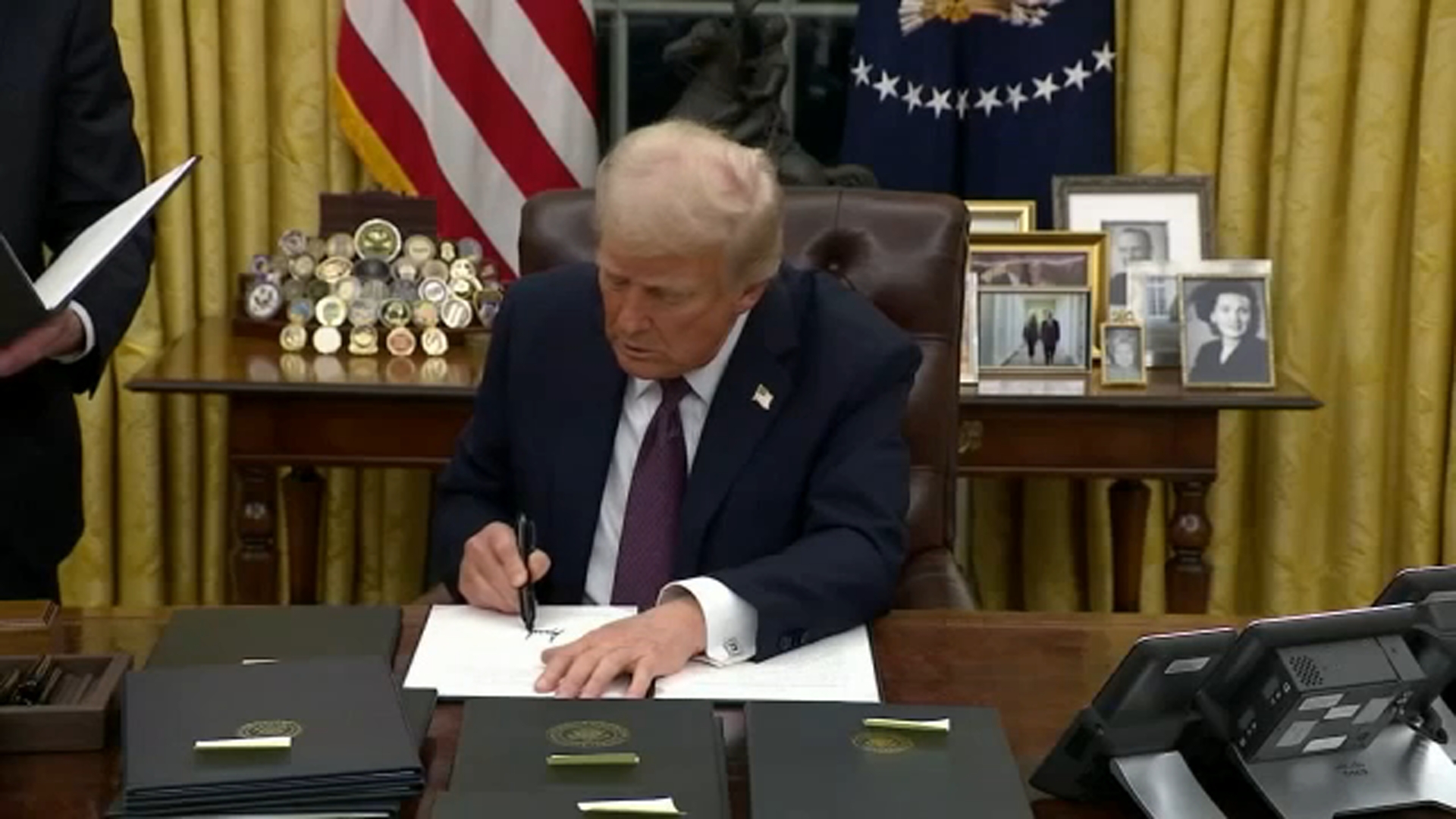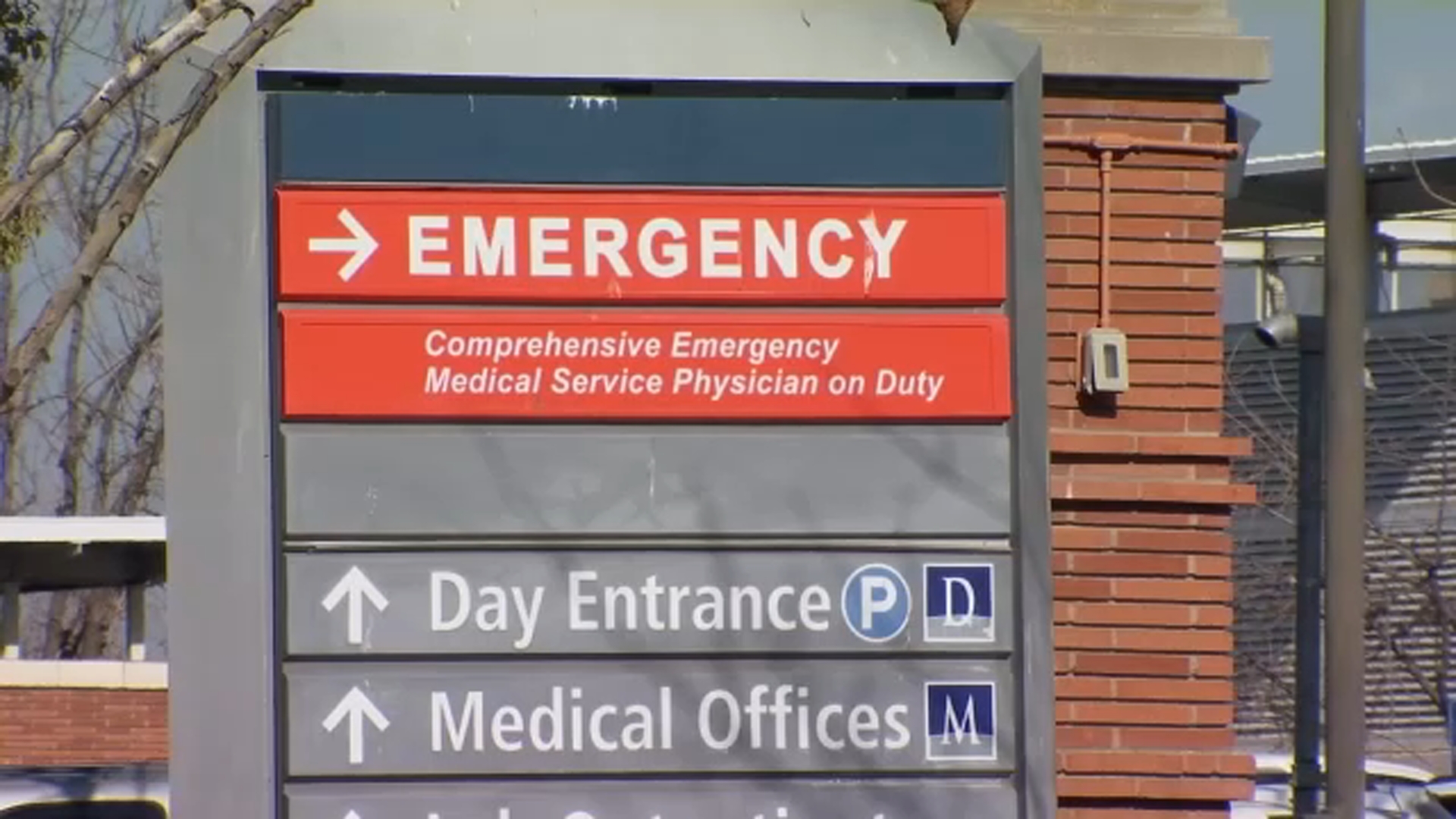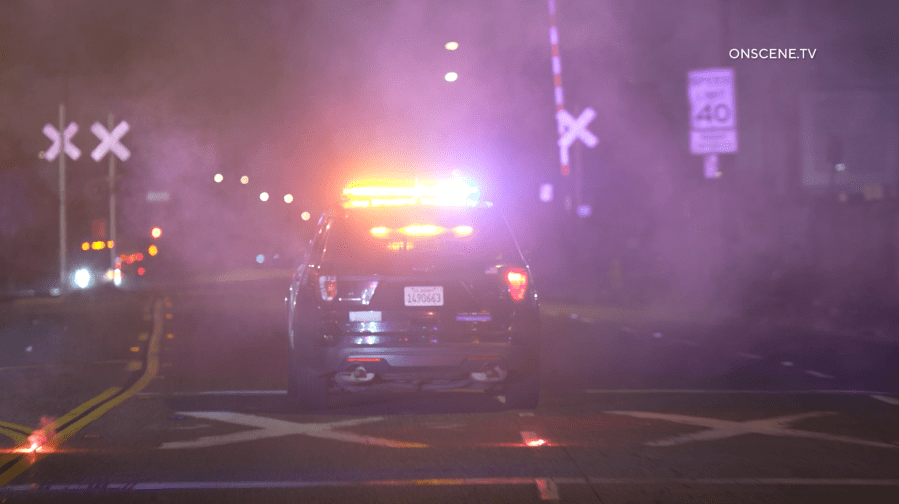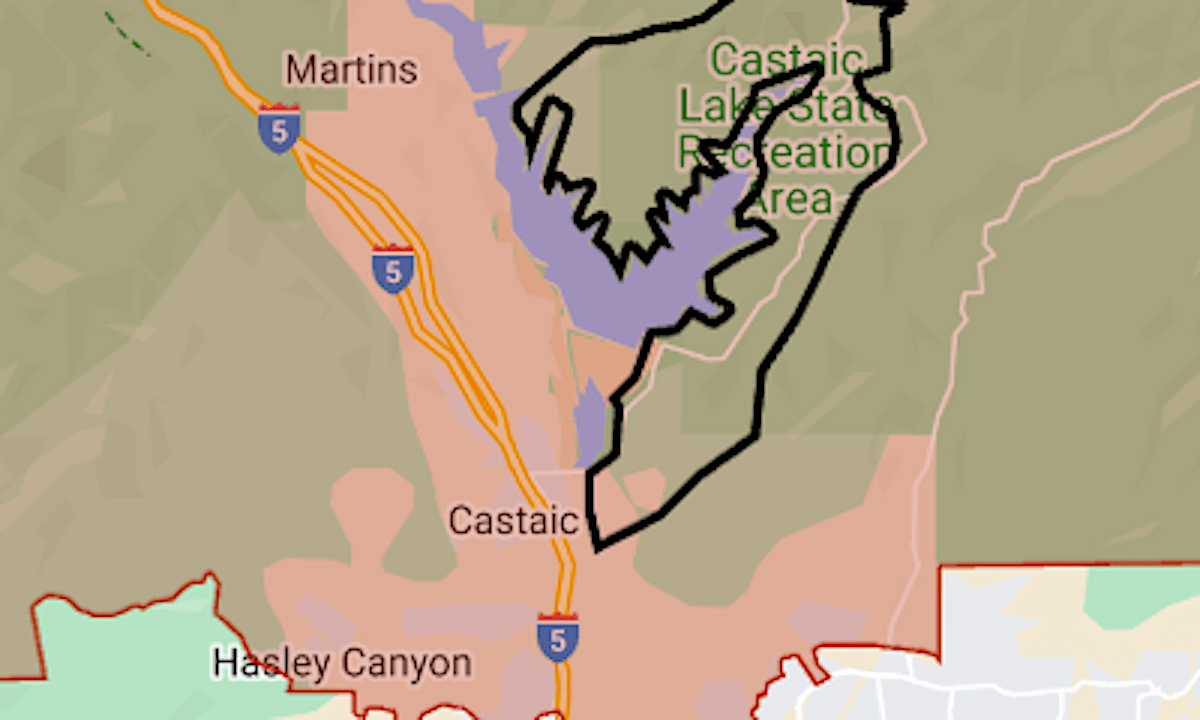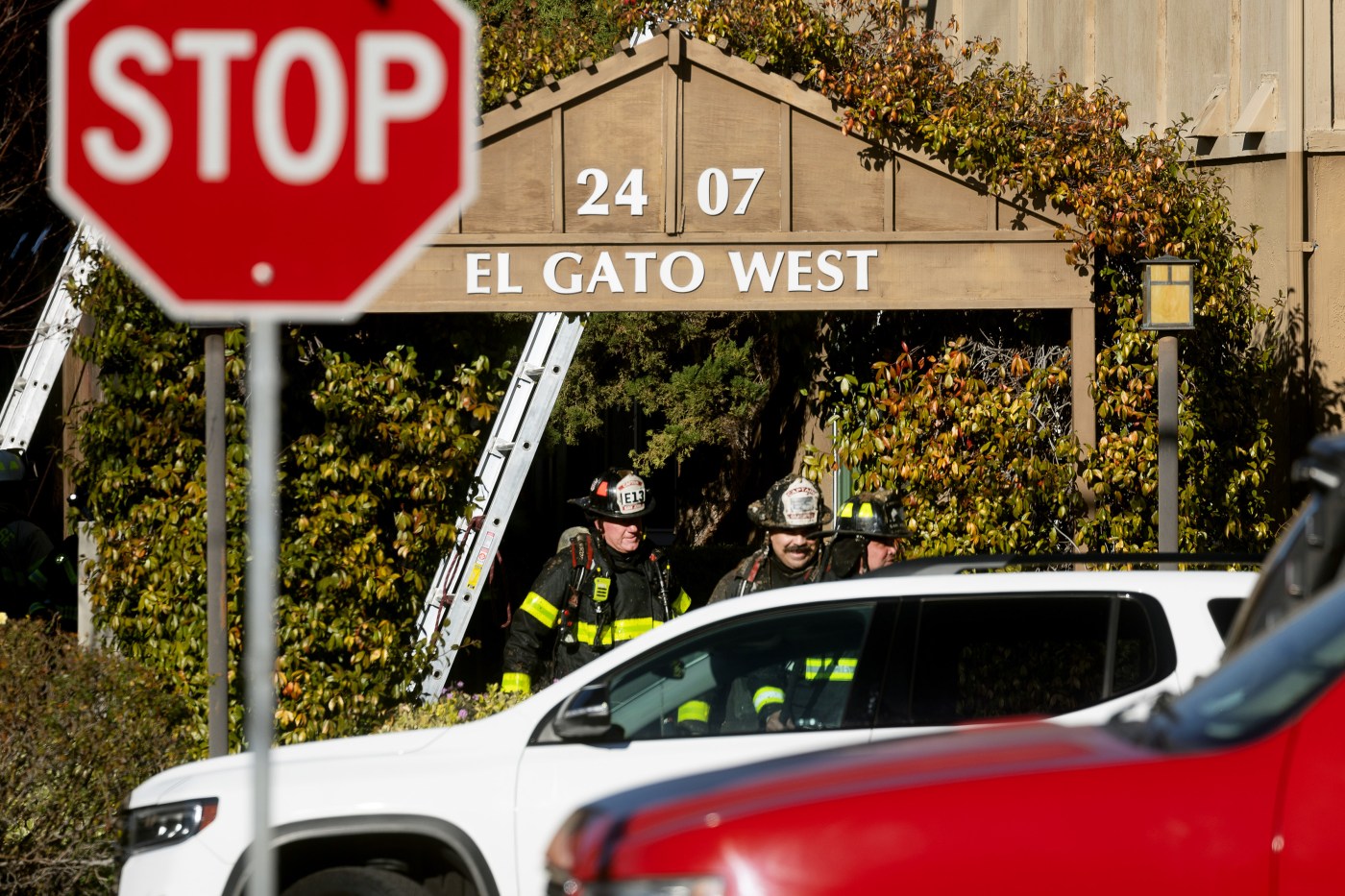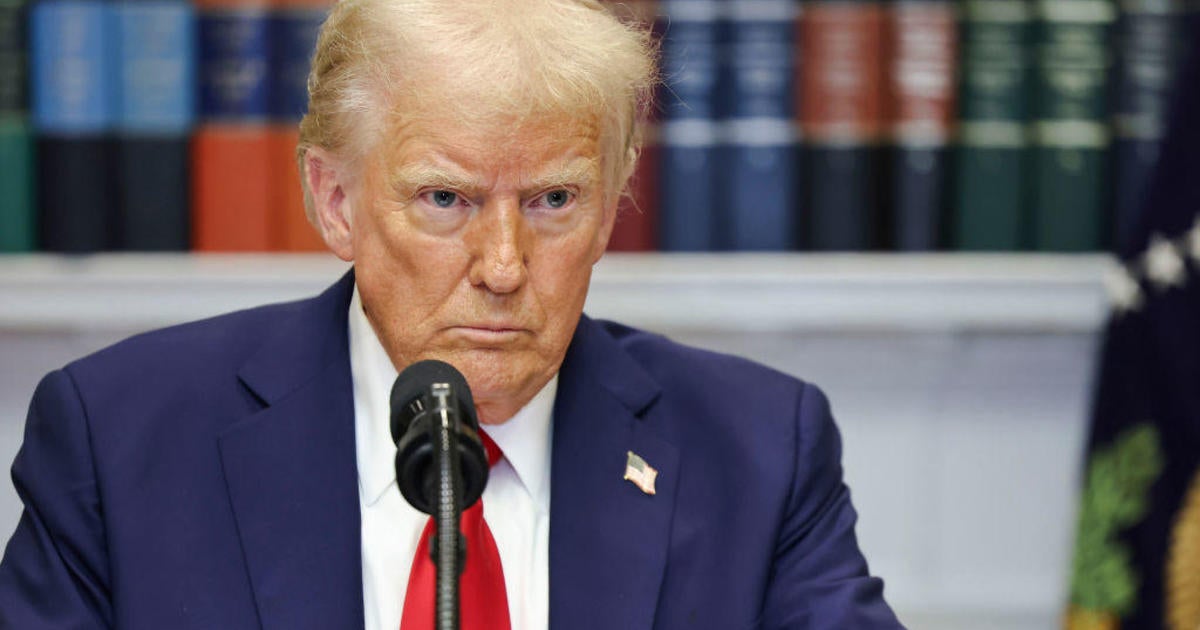Here’s what to know about Trump’s Stargate AI deal with OpenAI
President Trump announces major private-sector AI infrastructure investment
When President Trump announced the new $500 billion Stargate AI venture from OpenAI, Softbank and Oracle on Tuesday, he promised it would ensure “the future of technology” in the U.S. So far, Wall Street appears to agree, with some analysts speculating about its potential to transform the tech industry.
But the project is also sparking some questions and skepticism, including pointed criticism from one of Mr. Trump’s closest advisers, tech billionaire Elon Musk.
“They don’t actually have the money,” Musk wrote on X, the social media app he owns. “SoftBank has well under $10B secured. I have that on good authority.”
OpenAI CEO Sam Altman countered that claim, replying to Musk, “wrong, as you surely know.”
Whatever the case might be, there are plenty of questions swirling about Stargate, which takes its name from a science-fiction movie and TV show about portals that transport people to other galaxies.
At a White House briefing on Tuesday for the project’s announcement, the executives behind the venture described Stargate as an AI project that could also prove to be transformative, albeit via Earth-based tech rather than intergalactic travel.
“This will help people’s lives. This will help solve many, many issues … with the power of AI,” said SoftBank CEO Masayoshi Son who joined Mr. Trump at the briefing, along with Altman and Oracle co-founder Larry Ellison.
“I think this will be the most important project of this era,” added Altman.
Here’s what we know about the project so far.
What is the Stargate project?
Stargate is a venture that has the backing of OpenAI, Oracle and Japanese company Softbank, with the latter promising an initial investment of $100 billion, according to Tuesday’s announcement.
The goal, said Son, is to ramp that investment to $500 billion within 4 years, or before the end of Mr. Trump’s current term.
Softbank will hold financial responsibility for the project, while OpenAI will oversee the operations, according to a research note from Capital Economics chief economist John Higgins. “Donald Trump’s ringing endorsement of Stargate is another shot in the arm for artificial intelligence (AI) in the early days of his second presidency,” he noted.
Where will Stargate be located?
Stargate investment will be directed toward constructing data centers to support AI development, according to the announcement.
Already, there are data centers under construction in Texas, with the first one located in Abilene, Oracle’s Ellison said at the press conference. The goal is to construct 10 data centers initially, with plans to expand to 20 locations of about half a million square feet each, he added.
Other potential sites for data centers across the nation are also being evaluated, according to a person familiar with the project.
What type of projects will Stargate AI pursue?
The data centers will be used by OpenAI, according to the person familiar with the project.
During the press conference, Ellison highlighted AI’s ability to transform health care, saying that the tools provided by OpenAI and Softbank are helping to develop a cancer vaccine.
“You can do early cancer detection with a blood test, and, using AI to look at the blood test, you can find the cancer that is seriously threatening the person,” Ellison said. “Once we gene sequence that gene tumor, you can vaccinate the person against that cancer, and you can make that mRNA vaccine robotically using AI within 48 hours.”
How many jobs could Stargate create?
Mr. Trump claimed the venture would create “over 100,000 American jobs almost immediately,” while OpenAI, in a statement on its website, says Stargate will “create hundreds of thousands of American jobs.”
New hires for the project will be situated close to the data center locations, according to the person familiar with the venture. Stargate will hire people for construction, operations and other areas, they said.
What is President Trump’s AI policy?
Mr. Trump is signaling a sharp divergence from former President Biden’s AI policy. Within hours after returning to the White House, Mr. Trump made a symbolic mark on the future of artificial intelligence by repealing Biden’s guardrails for the fast-developing technology.
What will come next from Mr. Trump and how it will diverge from his predecessor’s effort to safeguard AI technology remains unclear. The new administration didn’t respond to requests for comment about the repealed Biden policy.
Even so, Wall Street interpreted the Stargate project as a sign the Trump administration will encourage investment and growth of the AI sector, especially as a way to bolster the nation’s AI capabilities as it competes with China for tech dominance.
“The key role of Softbank, a Japanese company, in Stargate, highlights how Trump isn’t hell-bent on excluding foreign firms from participating in America’s quest for dominance in AI – provided they are headquartered in countries that are close allies of the U.S.,” Capital Economics’ Higgins wrote.
He added, “The new president seems much less keen than his predecessor on imposing checks and balances on the spread of AI.”
Why are some skeptical about Stargate?
Aside from Musk, others have raised questions about whether Stargate’s investment will actually reach $500 billion, with Higgins of Capital Economics writing, “Whether that much will ultimately get spent remains to be seen.”
Musk also has a public feud with OpenAI and Altman, alleging in a lawsuit last year that the company and its CEO violated OpenAi’s original mission statement by putting profits over benefiting humanity. After helping found OpenAI in 2015, Musk broke with the company, claiming that the AI firm had veered away from its founding agreement that it would use its technology to benefit the public and that it would open its technology for public use.
The Associated Press contributed to this report.
Aimee Picchi is the associate managing editor for CBS MoneyWatch, where she covers business and personal finance. She previously worked at Bloomberg News and has written for national news outlets including USA Today and Consumer Reports.



